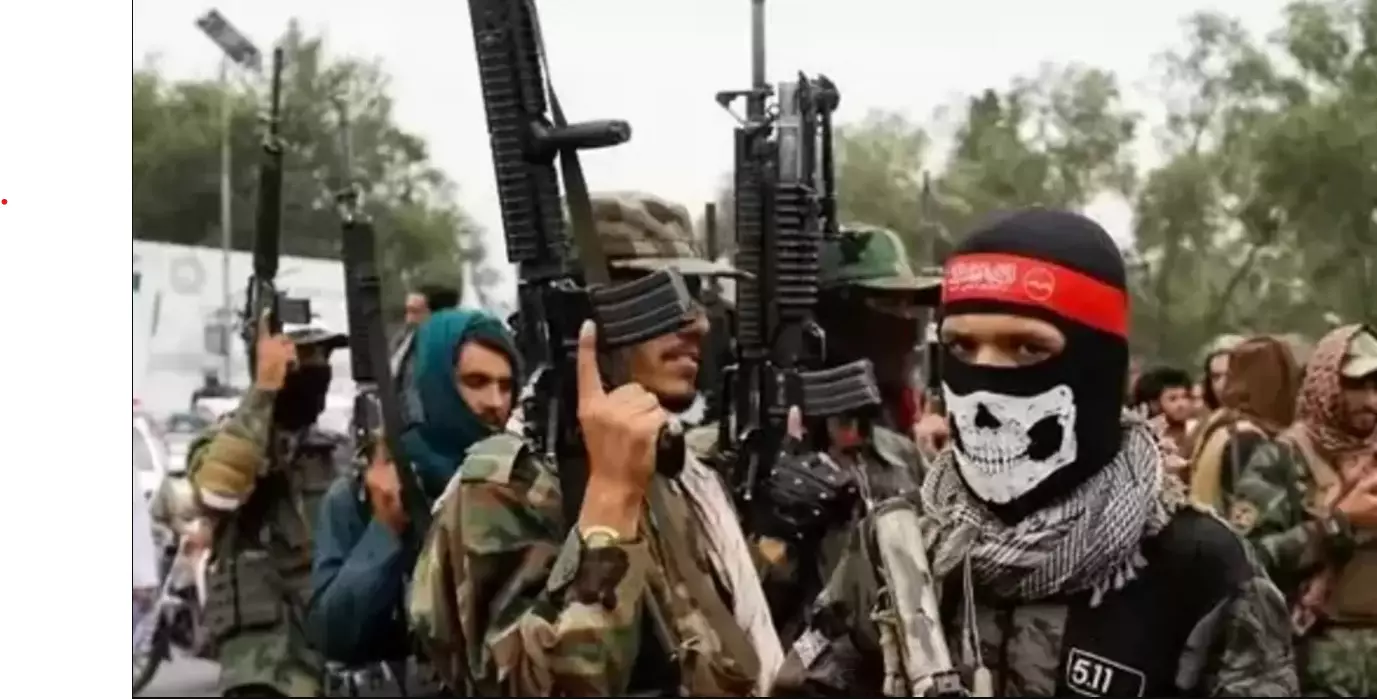Facing a double whammy
Unabating terror strikes and a wave of judiciary resignations could heighten uncertainty in Pakistan as the country approaches national elections

There has been no let-up in the incidents of terror in Pakistan, and this is more glaring in view of the fact that the elections are not far away, and there is a slew of varied activities in Pakistan at the start of the New Year. A spate of deadly recent terrorist attacks displays the hard fact that unless the state takes comprehensive Counter Terrorism (CT) measures, the terror-related bloodshed witnessed in 2023 is likely to continue even in the current year. Significantly, attacks have particularly targeted police personnel, especially those tasked with guarding the polio teams. The week began when at least seven policemen guarding vaccinators were killed in Bajaur on January 8 in an IED blast targeting their vehicle. Subsequently, on the following day, two police officers lost their lives in a gunfight with terrorists in Bannu. These personnel were also escorting the polio teams. January 10 also witnessed significant bloodshed as three cops were killed when a police post was attacked in Kohat, while two army men died in Lakki Marwat. On the same day, an election candidate was gunned down in North Waziristan.
In these attacks, terrorists have struck both ‘hard’ targets, in the form of security personnel, as well as ‘soft’ ones, such as the election aspirants. This trend shows just how vulnerable police personnel are, particularly those serving in the areas of Khyber Pakhtunkhwa (KP) and Baluchistan, experiencing a renewed wave of terrorist violence. Similar activity was visible in the preceding year as well when police bastions came under furious terror attacks, including in the well-fortified Peshawar and Karachi. It may be recalled that there were over 1,500 terror-linked fatalities last year from nearly 800 attacks. It is particularly noteworthy that those protecting polio vaccinators have themselves come in the line of fire. This is not a new development; around a hundred people had already been killed in polio-related incidents way back in 2012.
A revisit of the national CT strategy is perhaps long overdue, particularly to protect the lives of soldiers and police personnel serving on the front lines. While military personnel are relatively better equipped, police officers also need to be well-protected.
According to a powerful section of the media, those protecting polio teams should be provided multi-layered security. While the state must keep using diplomatic channels to communicate with the Afghan Taliban that their soil cannot be used by forces inimical to Pakistan, internal efforts are equally necessary to flush out militants from the soil of Pakistan. This is imperative as most of the cases are pinpointed to the Tehreek-e-Taliban Pakistan (TTP), believed to be operating from Afghanistan.
Experts, meanwhile, feel that unless efforts to uproot militancy succeed, the next, and inevitable step, will require military operations that will displace communities and require more “sacrifices” from security personnel. As an election looms, candidates and voters in terror-affected areas need security to freely campaign and cast their ballots without fear. All security and intelligence agencies need to be on the same page, along with the civil administration, to neutralize threats.
Meanwhile, in another development not related to terror attacks, unmoved by the resignation of former Supreme Court judge Sayyed Mazahar Ali Akbar Naqvi, the Supreme Judicial Council (SJC) has decided to continue misconduct proceedings against him. The council has noted that Naqvi may attend the proceedings either in person or through a representative. It may be recalled that Naqvi handed in his resignation on January 10 ahead of the SJC’s meeting, citing personal reasons. This development occurred a day after a Supreme Court bench rejected his request to stay the ongoing misconduct proceedings at the SJC. When the SJC resumed hearing on the complaints against Naqvi, a council member, Justice Ijazul Ahsan, did not show up. It later appeared that Justice Ahsan, in line to become the next Chief Justice of Pakistan, had also resigned from his post. This seemed extraordinary. Chief Justice of Pakistan (CJ) Qazi Faez Isa, who leads the SJC, has directed Attorney General of Pakistan (AGP) Mansoor Awan to read Justice Naqvi’s resignation during the proceedings.
Furthermore, the CJ has declared that the question of the Judge's removal was irrelevant after his resignation. He mentioned that the Council has only sent a report to the President so far, and it would write to the President to sack the judge if the allegations were proven. However, Justice Isa, in his hearing, noted that the council will have to present its findings despite the Judge’s resignation.
In the meantime, President Arif Alvi accepted (January 11) the resignation of Supreme Court Judge Sayyed Mazahar Ali Akbar Naqvi. According to an official statement, the President accepted the resignation on the advice of Caretaker Prime Minister Anwaarul Haq Kakar under "Article 179 of the Constitution."
Naqvi is not the first superior court judge to resign from his position in view of the SJC proceedings. So far, seven judges of the apex court, including Justice Naqvi, have resigned before completion of their terms for a variety of reasons. Naqvi, who faces charges of misconduct, resigned as a Judge of the Supreme Court on January 10, stating that it was no longer possible for him to continue holding this position.
The development linked to the resignation of the judges has added more excitement to the election fervour in Pakistan, which is undergoing a dramatic phase, especially after the return of ex-Prime Minister Nawaz Sharif to Pakistan following his decision to remain in the fray for Prime Ministership in the upcoming elections.
In sum, if the terror strikes witnessed recently continue and the Judiciary is hit by the spate of resignations, the country will incur more uncertainty as the elections draw closer.
The writer is a retired IPS officer, Adviser NatStrat, and a former National Security Advisor in Mauritius. Views expressed are personal



